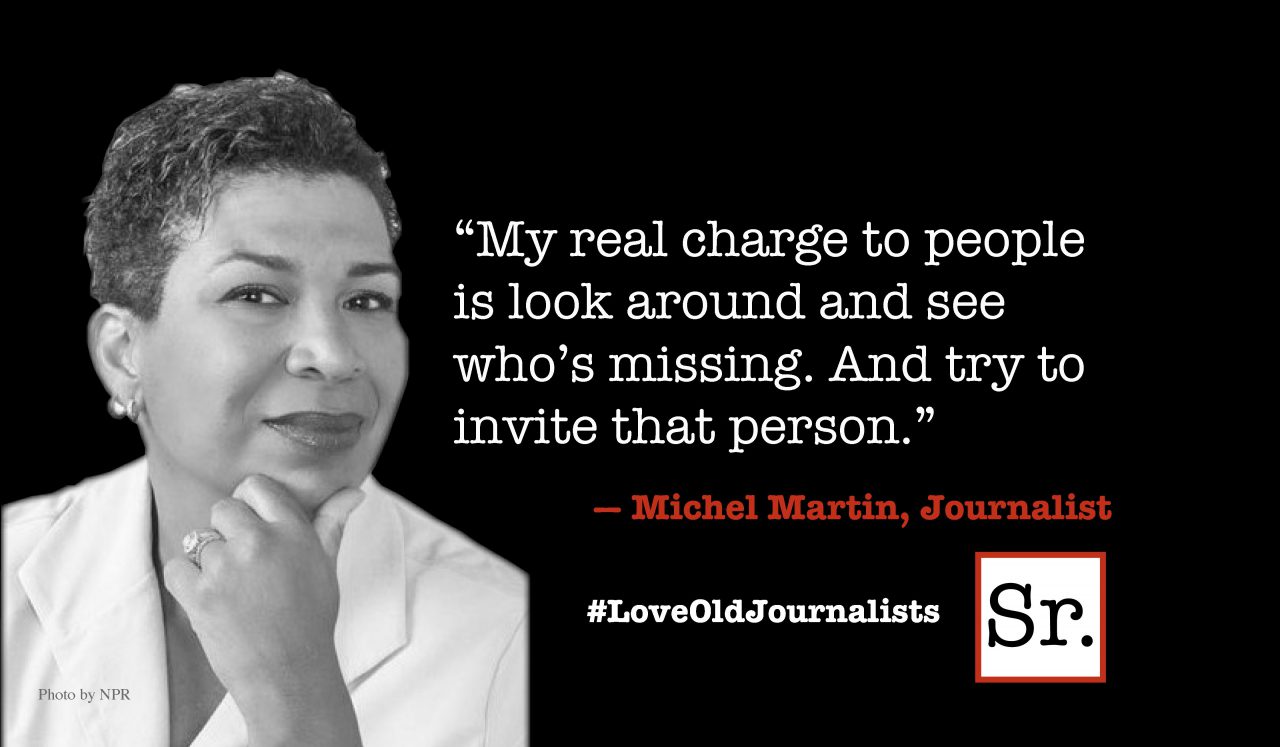Bad news for Americans on the lower rungs of the ladder who believe their children have a good chance at rising to the Middle Class: “A rich child in the U.S. is more than twice as likely as a poor child to end up in the middle class or above.”
That assertion is from a new study by the Brookings Institution that examines what it calls “the defining narrative of the United States” as a meritocracy where everyone has an opportunity to achieve a better life. The study was issued in the final stage of a presidential election campaign in which both candidates portrayed themselves as champions of opportunity.
The Brookings study picks holes into the equal opportunity notion. “The reality is that economic success in America is not purely meritocratic. We don’t have as much equality of opportunity as we’d like to believe, and we have less mobility than some other countries.”
Which countries? Brookings doesn’t list them all but a recent study on social mobility by the Organisation for Economic Cooperation and Development (OECD) did. The rich-country think tank found that the United States lagged behind Denmark, Australia, Norway, Finland, Canada, Sweden, Germany, Spain and France. This is not the kind of list a campaigning American politician is prone to mention in public because it runs counter to popular belief.
“It is impermissible (for candidates) to dwell on chronic, painful problems, or on statistics that challenge the notion that the United States leads the world … ,” noted an October 19 essay in The New York Times entitled "The Opiate of Exceptionalism." Its author, Scott Shane, held up the example of former president Jimmy Carter and his frank talk about America’s crisis of confidence. His defeat by the optimistic Ronald Reagan left a lesson for candidates of both parties, Shane wrote.
“Voters can be vindictive towards anyone who dares criticize the country and, implicitly, the people.”
Small wonder, then, that reports like Brookings’ “Pathways to the Middle Class: Balancing Personal and Public Responsibilities” prompt debate and soul-searching in academia and advocacy groups but don’t make front pages or prime-time newscasts.
The tendency to avoid uncomfortable “un-American” topics prompted one academic, Mark Rice, to set up a website — Ranking America — that provides a wealth of comparative statistics, some of them shocking for those who believe that the United States is better than other countries in all respects. (Rice is Chair of American Studies at St. John Fisher College in Rochester, N.Y.).
One recent entry on the site is a chart on child poverty from UNICEF, the United Nations Children Fund. It compares the percentage of American children under 17 living in poverty with 34 other countries that track poverty statistics. Romania comes first in child poverty. The United States is a close second.
(UNICEF’s poverty definition: children living in households with equivalent income lower than 50 percent of the national median).
The United States, the world’s top economic power measured by Gross Domestic Product (GDP), does better in the category of income inequality. According to the CIA Factbook, the U.S. is 42nd on a list of 136 — just behind Uruguay but ahead of Cameroon.
The Brookings researchers stress that in the past, Americans have had relatively little objection to income inequality and tended to be more comfortable with the idea of increasing opportunities for success than with reducing poverty and inequality. As a consequence, the rich-poor gap was not much of a matter of public debate until the Occupy Wall Street movement drew noisy attention to the huge gulf between the richest one percent and the 99 percent of the rest.
How Americans feel about that will become clear on Nov. 6, after an election campaign in which President Barack Obama and his Republican challenger Mitt Romney laid out starkly different visions of how to give everybody a fair chance to climb up the economic ladder.









